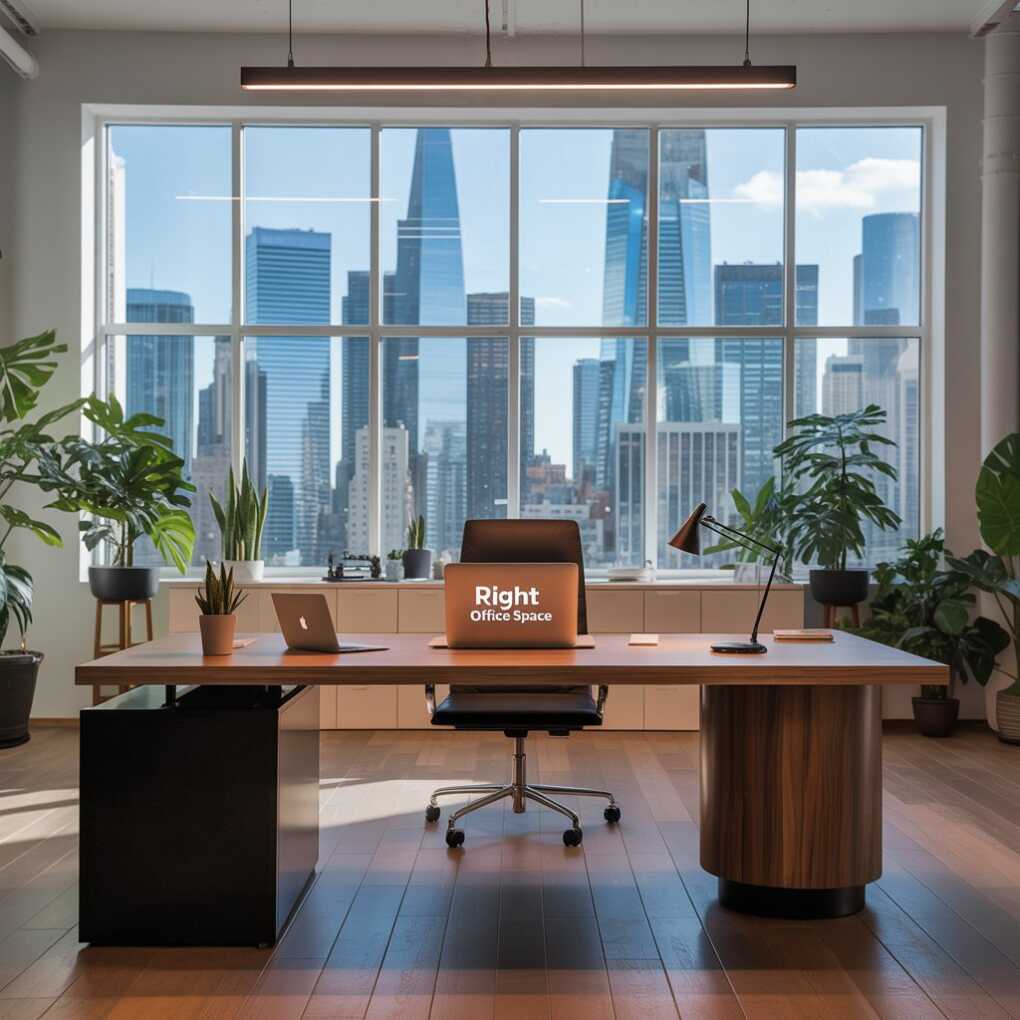Starting a new business involves many critical decisions, and one of the most important among them is selecting the right office space. The workspace you choose can have a profound impact on your startup’s productivity, company culture, and overall growth trajectory. It is not just about finding a place to work but securing an environment that supports collaboration, creativity, and efficiency. As startups often operate under tight budgets and evolving needs, the choice of office space requires careful thought and strategic planning. We will explore practical factors and considerations that help guide the decision-making process for startups seeking office space that aligns with their current demands and future aspirations.

Key Considerations When Choosing Office Space for Your Startup
Location and Accessibility
The location of your office space in Jersey City plays a crucial role in the success of your startup. It affects not only your employees’ commute but also client visits and business networking opportunities. Ideally, the office should be situated in an area that is easily accessible by public transportation or major roads, reducing travel stress and time for your team. Additionally, being in proximity to other businesses or industry hubs can foster connections and collaborations. While city centers may offer prestige and convenience, they often come with higher costs. Conversely, suburban or emerging areas might provide more affordable options with growth potential. Balancing accessibility, budget, and the potential for attracting talent should be a key part of your location strategy.
Space Requirements and Scalability
Startups tend to evolve quickly, and so should the office space you choose. It’s important to consider how much room your team currently needs and how much space you may require in the near future. An office that is too large will strain your finances, while one that is too small could hinder productivity and morale. Startups often benefit from flexible layouts that can be easily reconfigured as the company grows or changes direction. Look for spaces with modular furniture, movable partitions, or options to lease additional rooms if necessary. Having scalability built into your office lease can save you from the hassle and expense of relocating during periods of rapid growth.
Cost and Budget Management
Budget constraints are a common challenge for startups, making cost a primary factor in choosing office space. Beyond the monthly rent, consider all associated expenses, including utilities, maintenance, internet service, parking, and any facility fees. Hidden costs can add up quickly and affect your overall cash flow. Some office solutions, such as coworking spaces, may offer inclusive pricing with added amenities, which could be cost-effective for startups needing minimal infrastructure. On the other hand, traditional leases might require longer commitments but provide greater control over the space. An accurate understanding of all costs will help you align your office choice with your financial strategy.
Infrastructure and Amenities
The physical infrastructure and amenities available within the office space are essential for day-to-day operations and employee satisfaction. Reliable high-speed internet is non-negotiable in today’s digital business environment, alongside sufficient power outlets, heating, ventilation, and air conditioning systems. Access to meeting rooms, kitchen areas, and breakout spaces can enhance collaboration and comfort. Some office spaces also provide reception services, security systems, or cleaning, which can reduce administrative burdens for startups. When evaluating potential locations, ensure that the infrastructure supports both your current operational needs and anticipated technological requirements.
Company Culture and Environment
The ambiance and design of your office can influence your startup’s culture and employee engagement. An environment that encourages open communication, creativity, and inclusivity can lead to higher job satisfaction and productivity. Consider whether the space allows for natural light, comfortable seating, and areas for relaxation or informal meetings. The layout should reflect the work style of your team, whether that means open-plan desks for collaboration or quiet zones for focused tasks. Additionally, the surrounding community and neighboring businesses can contribute to your company’s image and how clients or partners perceive your startup. Choosing an office space that complements your culture helps foster a positive workplace atmosphere.
Lease Terms and Flexibility
Lease agreements can vary widely and have a significant impact on your startup’s flexibility and financial health. Many startups prefer short-term leases or month-to-month options that allow them to pivot or expand without being tied down. Traditional long-term leases may provide stability, but can become burdensome if the business environment changes or growth accelerates unexpectedly. It is important to carefully review lease terms for clauses related to renewal, termination, rent increases, and subletting. Consulting with legal or real estate advisors can provide clarity and prevent unexpected obligations. Flexibility in lease terms is particularly valuable for startups navigating uncertain markets or business models.
Community and Networking Opportunities
For startups, being part of a vibrant business community can offer tremendous value beyond just the physical workspace. Some office spaces, particularly coworking hubs, facilitate events, workshops, and networking opportunities that help startups build relationships, find mentors, and attract investors. These environments often bring together diverse professionals and entrepreneurs, fostering cross-pollination of ideas and partnerships. When choosing an office space, consider whether the building or location offers access to such ecosystems. A supportive community can accelerate learning and growth, providing informal support that complements formal business strategies.
Conclusion
The journey to find the right office space combines practical considerations with a vision for your startup’s future. A well-chosen workspace becomes more than just a place to work—it becomes a catalyst for creativity, connection, and success. Taking the time to assess your startup’s unique requirements and aligning them with the options available in the market will pay dividends as your business grows and evolves. The right environment can enhance employee satisfaction, streamline operations, and leave a lasting impression on clients. Approaching this decision strategically ensures that your startup has the physical foundation it needs to thrive in a competitive and dynamic business world.
